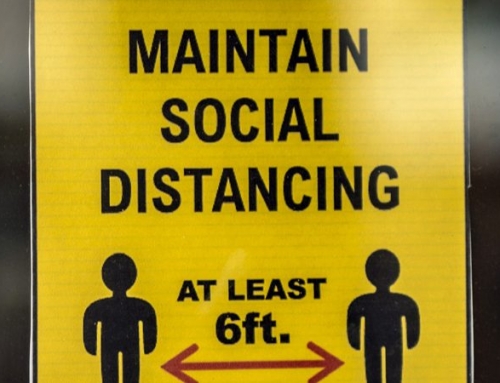When posting on social media, people behave very differently, depending on the circumstances. Personal accounts usually contain fairly candid pieces of information that have absolutely nothing to do with SEO or digital marketing. Users will talk about their daily lives, their likes and dislikes as well as their own opinions on things.
Though we would like to believe businesses create content that feels as organic and natural as something from the timeline of an average person, in reality, this is rarely the case. An increasing number of companies are losing followers across all of their platforms because they continue to make the same mistakes. Though there are no hard and fast rules when it comes to maintaining a professional presence, there are a number of things to be aware of before you start posting content of any kind.
This is our list of things to avoid when engaging with your followers on social media.
Information Overload.
Posts that look like an essay are generally going to be ignored. Though long posts about your friend’s personal life will hold your attention, several dense paragraphs of detailed sales copy probably won’t. as a general rule, brevity is key when creating content for social media, so avoid large chunks of text that take a long time to read. You can always give a flavour of the message you’re trying to present, accompanied by a link to video, website or blog if you want to.
Posting too often
Obviously, you want to make sure you’re active on social media and that your presence is consistent, however, repetitive posts will eventually begin to irritate your followers. If your brand keeps popping up every few minutes, users are likely to simply unfollow you, rather than continue to put up with the constant stream of content you’re presenting. If anything, this approach can make you look a little desperate and in some cases, unprofessional. Try to get the balance right and schedule your posts regularly, without going over the top.
Lack of Engagement
Communication on social media should always be a two-way thing. If you start posting nothing but links to blogs, industry-specific videos and links to your new product lines, you may begin to alienate your followers. Though they may be interested in what you’re sharing, the lack of any discernible personality can take away that all-important human touch. Polls, Q and As, competitions and user groups can all help to facilitate engagement between you and your customers. Try to reply to all messages within 24 hours if you can, use the like button regularly to show you’re paying attention and don’t be afraid to engage in some friendly back and forth conversations, even if they won’t necessarily lead to a sale.
Jargon & Vague Language
Clarity is key on social media and posts that are full of industry-specific jargon that only you and you’re team can understand will be met with frowns, sighs and ultimately, confusion. Similarly, responding to customer enquiries with non-committal language that sounds like a politician’s answer to a question they would rather avoid will not do your business any favours. Before you post anything, ask yourself if the average person on the street would be able to understand it. If the answer is no, you’ll need to make some changes. Your posts don’t have to be dumbed down or simplified too much, but they do need to make sense and be understood by everybody who reads them.
The Hard Sell
There are a time and a place for direct sales copy, but social media isn’t it. If you think about the style and tone of what is written on Facebook or Twitter, it’s generally conversational, casual and increasingly, humorous or whimsical. A post that reads like a used car advert from the 1980s will be ignored in the same way an old news story is. Though linking to products and services is a great idea, creating content that comes across like a used car salesperson from the 1980s definitely isn’t. Save the specifics and the persuasive language for your landing page copy or your product page. Social Media is a place for people to meet each other and chat about whatever they like. If you’ve ever been to a gathering where somebody suddenly begins a sales pitch in the middle of a pleasant conversation, you’ll know exactly what we mean.
Grammar and Other Unprofessional Mistakes
Though you do want to present a human, approachable presence on your social media platforms, unlike the day to day users, you’re content will be scrutinised for its quality and accuracy. Ensure you run a spell check on everything you post and double check that your sentences make grammatical sense. Even though many people type in a casual and often fragmented manner on their Instagram, Twitter or Facebook page, businesses can’t really do the same thing without appearing unprofessional. Similarly, poor quality images, missing links and double posts will create the wrong impression. Treat your business social media in a totally different way to your personal account and ensure that everything you share is 100% accurate and clear.
Hostile, Aggressive or Argumentative Content
Let’s face it, social media isn’t always a pleasant place to be these days. People routinely insult each other, troll other users and generally make a nuisance of themselves. Under no circumstances can you afford to stoop to this level yourself when you are posting under your business account. Even if you are dealing with a particularly aggressive customer, remain professional at all times and focus on providing a solution, rather than escalating the conflict. Small businesses can be at particularly high risk of falling foul of this trap as the long hours and limited time can take their toll on a person’s patience and resilience. Always think before you post and scan your content for anything could be perceived as negative or hostile. Even if you happen to be on the right side of the argument, your social media platforms are not the place for conflict of any kind.
We exceed expectations at managing your Social Media channels. Let’s talk:)







